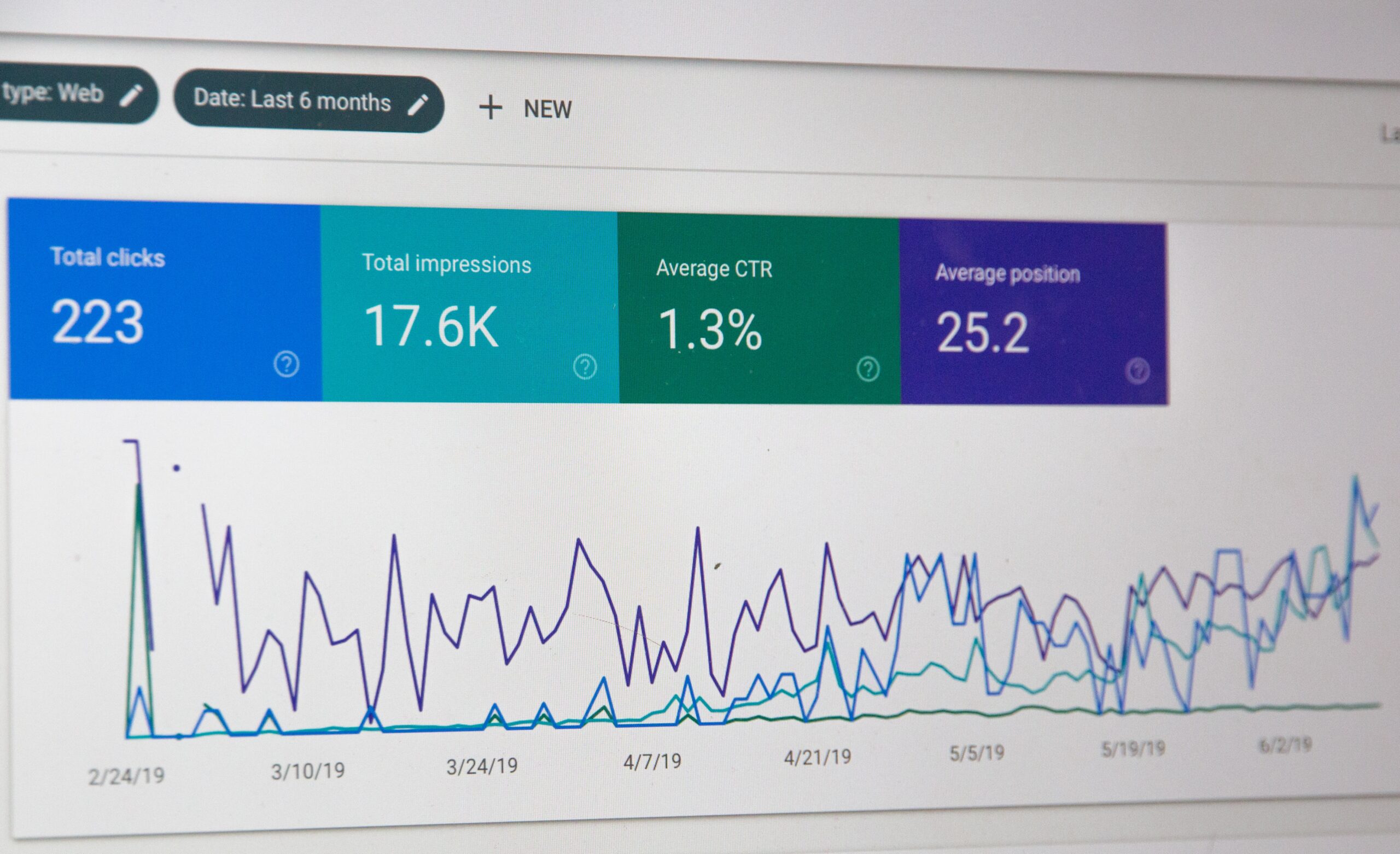Full Focus
What we do?
Managing digital advertisements effectively for a company involves a strategic approach to achieve specific goals. Here are the key steps an agency should take:
Understand Company Goals: Begin by thoroughly understanding the company’s overall objectives. Is it to increase brand awareness, drive website traffic, generate leads, boost sales, or something else? Clear goals are the foundation of an effective campaign.
Audience Research: Identify the target audience, their demographics, interests, and online behavior. Create detailed buyer personas to ensure that ad campaigns resonate with the right people.
Keyword Research: For search engine marketing (SEM), conduct keyword research to select the most relevant and cost-effective keywords to target in paid search campaigns.
Ad Creative: Develop compelling and visually engaging ad creatives that align with the company’s brand and messaging. Use A/B testing to refine ad copy and design.
Platform Selection: Choose the right digital advertising platforms based on the target audience. This could include Google Ads, Facebook Ads, Instagram, LinkedIn, or others.
Budget Allocation: Set a clear budget and allocate it wisely across different advertising platforms and campaigns to maximize ROI.
Campaign Optimization: Regularly monitor and analyze campaign performance. Adjust bidding strategies, keywords, audience targeting, and ad creatives as needed to improve results.
Ad Scheduling: Optimize the timing of ad delivery to align with peak user activity hours, which varies by platform.
Conversion Tracking: Implement conversion tracking to measure the effectiveness of ad campaigns in achieving specific goals, such as form submissions, e-commerce sales, or app downloads.
Remarketing: Implement remarketing campaigns to re-engage users who have interacted with the company’s website or ads but haven’t converted.
Analytics and Reporting: Create comprehensive reports that highlight key performance indicators (KPIs) such as click-through rate (CTR), conversion rate, cost per conversion, and return on ad spend (ROAS). Use these insights to refine strategies.
Compliance: Ensure that all advertisements comply with advertising regulations and platform policies.
Adaptation: Be flexible and ready to adapt strategies based on market trends, competitor actions, and changes in the digital advertising landscape.
Communication: Maintain transparent and open communication with the company, providing regular updates on campaign performance and addressing any concerns or questions promptly.
Testing and Experimentation: Continuously test new ad formats, targeting options, and strategies to stay ahead of the competition and discover what works best.
Scaling: If a campaign is successful, consider scaling it up gradually while maintaining performance and ROI.
By following these steps and continually assessing and adjusting strategies, a digital marketing agency can effectively manage digital advertisements for a company, helping them reach their specific goals and stay competitive in the digital space.




